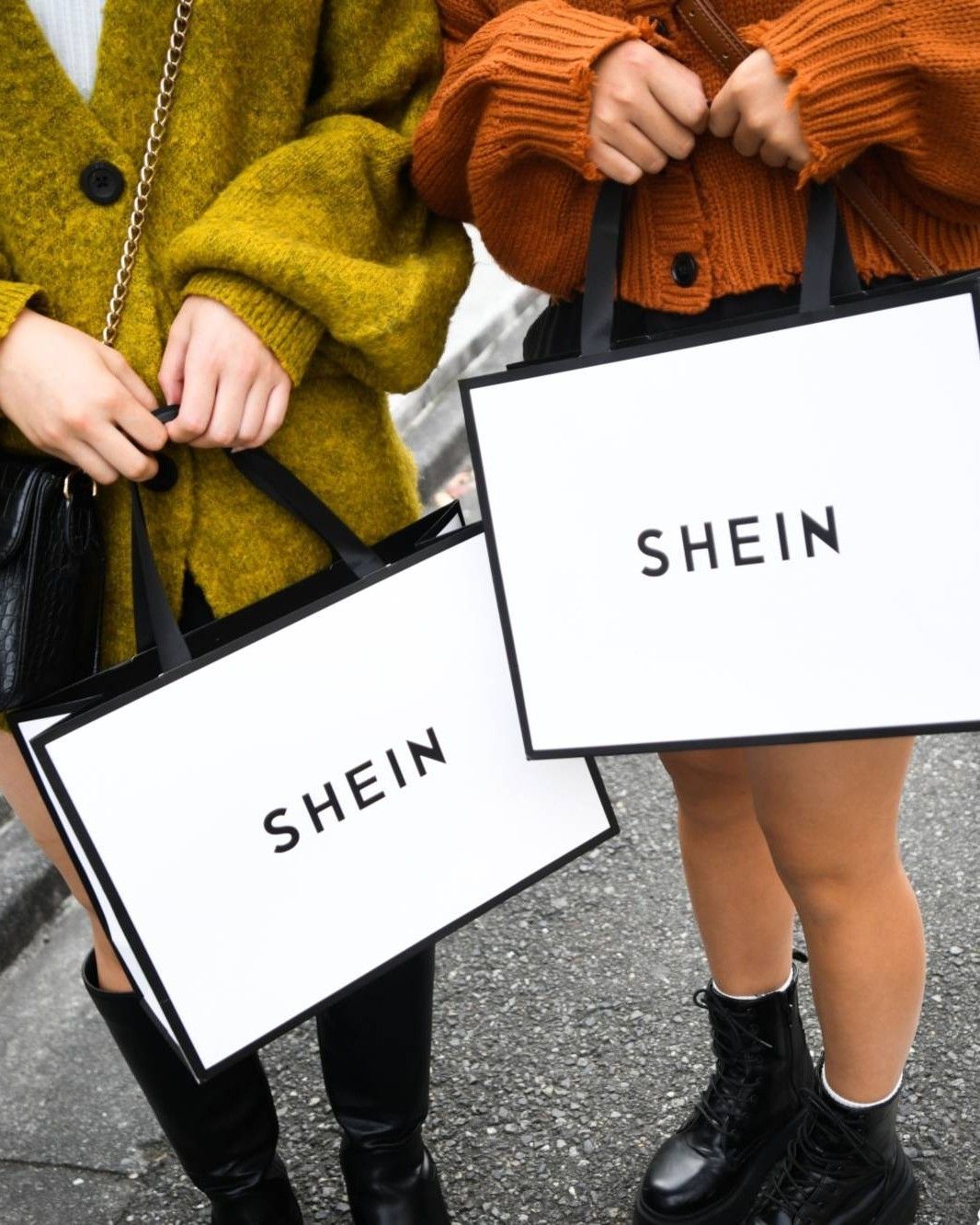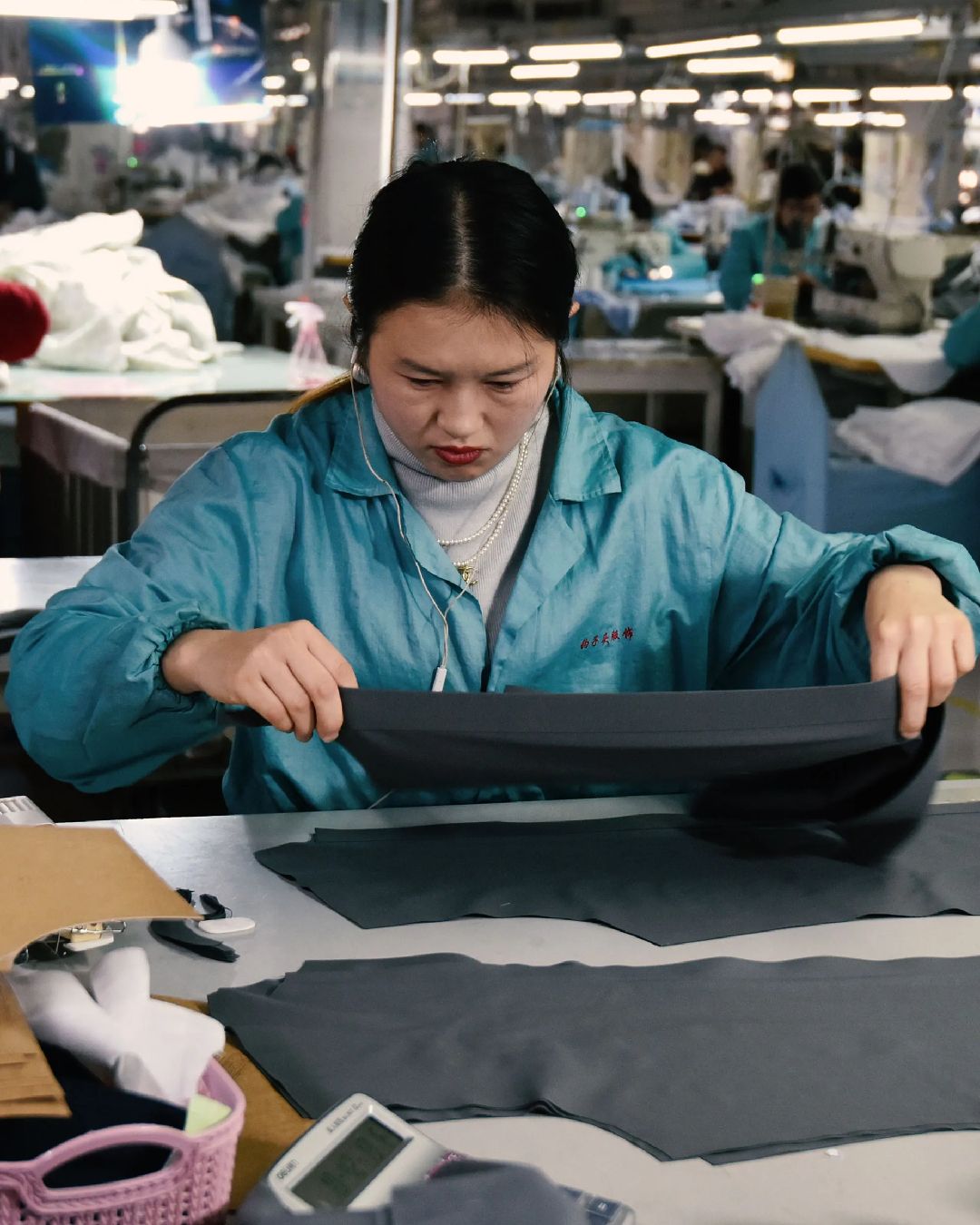
Agreement on more sustainable denim arrives in France Dutch ‘Denim Deal’ extends to France for eco-responsible jeans
Did you know that producing a pair of jeans requires 8,000 liters of water? A shocking number, but sadly normalized in the fast fashion industry. In response to this ecological disaster, a Dutch initiative called the Denim Deal was launched in October 2020. Its goal is simple: promote the use of recycled textiles in all denim products sold in the Netherlands by bringing together producers, brands, recyclers, and public authorities in a joint commitment for more sustainable denim. Initially limited to the Netherlands, the project has expanded due to its success, reaching several countries, including France recently. The Denim Deal’s initial objective was to produce 3 million pairs of jeans with at least 20% post-consumer recycled cotton, meaning material that has already had a previous life before being reused. This is a specific type of material made from consumer waste. Brands such as Mud Jeans, Scotch & Soda, and Kuyichi are among the signatories of the agreement.
"Using recycled content and extending product life - it seems like a contradiction, but we need to integrate circularity into our design", said Nicolas Prophte, a member of the Denim Deal steering committee and former VP of PVH for denim. It is essential to note that cotton is one of the main sources of pollution in denim production. Not only does its cultivation require vast amounts of water, but it also heavily depends on pesticides and chemical fertilizers. These substances, used to protect crops from pests, contaminate the soil and water bodies, further degrading local ecosystems. Additionally, cotton monoculture exhausts the land, reinforcing a vicious cycle of chemical dependence while exacerbating biodiversity loss. Reducing cotton production by replacing it with recycled materials could help mitigate these harmful impacts.
@sustainablebaddie Denim is an undeniable wardrobe essential for good reason It provides its wearer with durability, a timeless aesthetic, and a legendary fashion history. From its utilitarian roots to being sentimental keepsakes of past relationships (the perfect boyfriend jean is stolen from your ex), denim has left an indelible mark on the world of fashion. If denim were a person, it’d be a fashion girl. But, *Gossip Girl voice* every It Girl has their blind items, and denim production has also left an ugly mark on our planet Traditional denim production uses excessive water usage, with some estimates suggesting it takes up to 1,800 gallons of water to produce a single pair of jeans. The dyeing and finishing processes often involve harmful chemicals and significant energy consumption, and the fast-fashion industry's demand for denim leads to overproduction and significant textile waste. If you’re in search of denim that won’t cost you or Ms. Earth, look no further than these 10 denim brands that are doing denim right Full list at the in b!0! #sustainablebaddie #ethicaldenim #sustainablestyle #sustainablejeans Blue Monday - New Order
To persuade different stakeholders to join the agreement, the Dutch organization created an industry-wide collaboration network on standards, projects, and resources for a greener, smarter industry. They also offer workshops on various topics, such as the importance of transparency in the supply chain. Four years after its launch, the project reached its goal of producing 3 million sustainable jeans. Today, it evolves into Denim Deal 2.0, with an even bolder mission: to produce 1 billion jeans with 20% post-consumer recycled cotton by 2030.
Have you heard about @LEVIS new secondhand store? Knowing the significant impact denim production makes on our environment, buying preloved seems like the way to go!https://t.co/R2mvCFeQoy #sustainablefashion #vintageclothing #secondhand #upcycled pic.twitter.com/Y5Gcr2zup9
— Fashion Takes Action (@FTAorg) November 14, 2020
In an interview with The Spinoff, Prophte outlined the project’s future ambitions: "We would like to identify and highlight a few clear and measurable industry standards between brands, supply chain actors, and policymakers to guide action and maximize impact. We could use this collaboration platform we’ve built between policymakers, public authorities, private actors, and brands to make it even more collaborative. However, to create positive change in the fashion industry, we need real alignment and steering around these measures." In the future, the Denim Deal aims to expand its activities beyond Europe, particularly in Brazil and India, countries with a significant number of denim producers. It remains to be seen how actions will unfold in France and which brands will participate in the project.














































